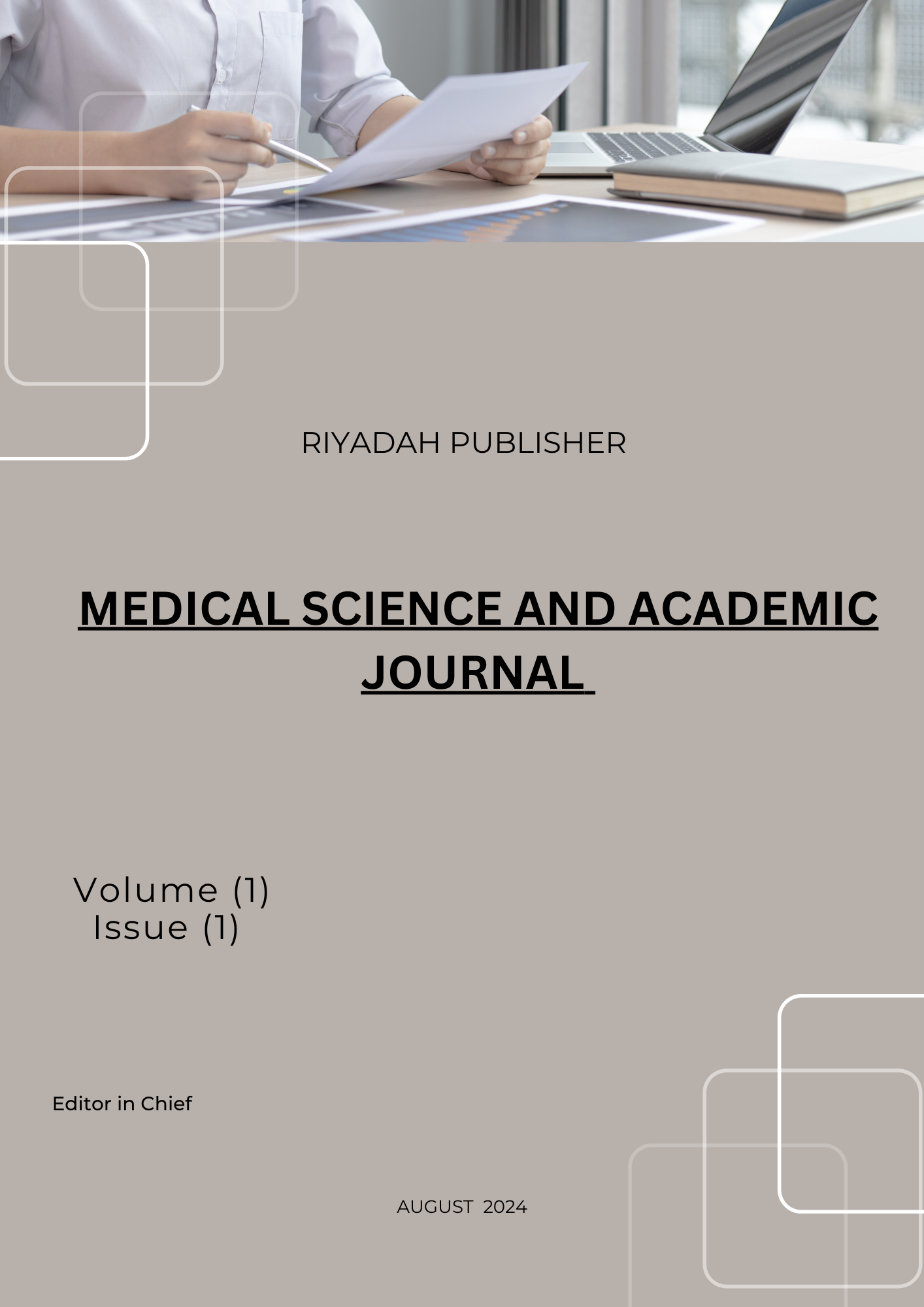Knowledge and Practice of Yemeni Physicians Regarding Management of Angiotensin-Converting Enzyme Inhibitor (ACEI)-Induced Cough: A Cross-Sectional Study among public and private hospitals - Aden, Yemen
Keywords:
ACEI, cough, physician knowledge, practice, YemenAbstract
ACEIs are a cornerstone treatment for cardiovascular conditions, but resulting into cough as a frequent and disruptive side effect, potentially leading to medication non-adherence. Optimal management strategies require physician knowledge and adherence to evidence-based guidelines. This study aimed to evaluate the physician's understating of ACEIs induced cough. A cross-sectional survey was conducted among 65 physicians in public and private hospitals across Aden Governorate, Yemen. The survey assessed the knowledge regarding ACEI-induced cough, and current management practices. Descriptive statistics was used for analysis by SPSS version 26. The majority of participants were young (under 30) and female (55.4%). While nearly 70% monitored hemoglobin for anemia (a potential ACEI side effect), only 18% routinely used iron supplements for cough. Interestingly, 76% of doctors reported encountering patients with cough as a side effect. Overall satisfaction with current medication options for hypertension and cough was high (83%). This study provides a preliminary look at Yemeni physician practices regarding ACEI-induced cough. The findings suggest a potential gap between physician awareness of ACEI-induced cough and its management practices. Monitoring for anemia is positive after using ACEIs, but the low use of iron supplements for cough warrants further investigation. Physician rationale, alternative cough treatments used, and established guidelines in Yemen need exploration. Further research with a broader scope can inform the development of culturally-sensitive and evidence-based guidelines to improve patient care and medication adherence in Yemen

